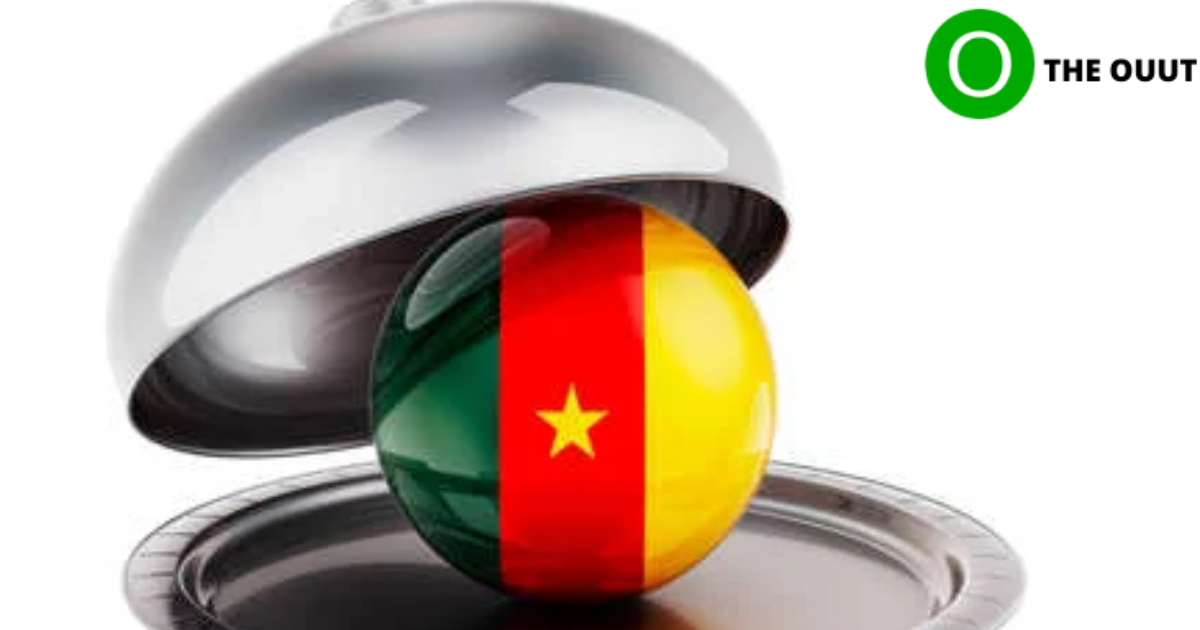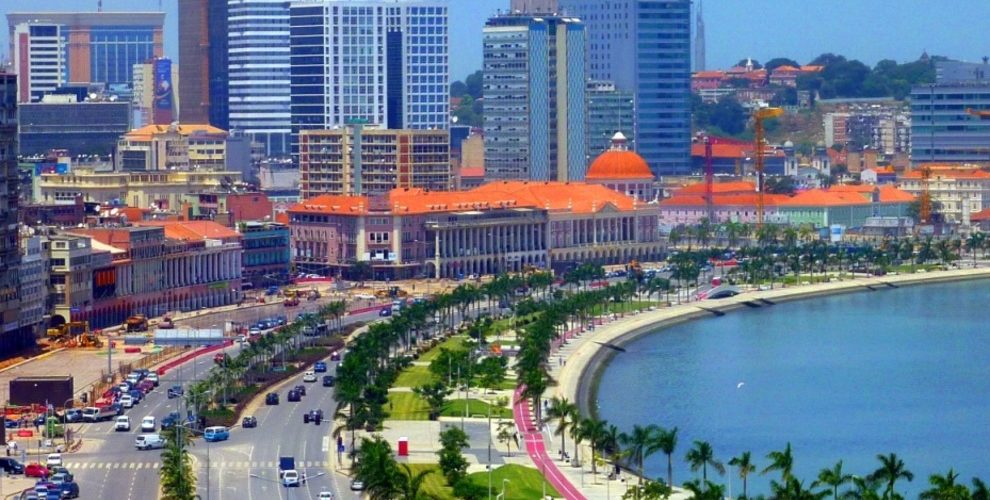The Silicon Mountain: Highlighting the Cameroonian Tech Startup Ecosystem

Cameroon is a country of about 28.2 million people that is strategically located in Central and West Africa. It has a very youthful population and a 36.5% internet penetration rate, with GDP expected to reach $47.01 billion by the end of 2022, according to Trading Economics global macro models and analysts’ expectations.
With many new businesses popping up in recent years and several innovative startups and entrepreneurs making a name for themselves in the African tech scene, the country has a long history of entrepreneurship and a burgeoning tech startup ecosystem.
The Cameroon Startup Ecosystem is ranked 116 globally, with a -5 position decline since 2021. The ecosystem is also ranked second in Central Africa for startups.
Cameroon has three cities ranked among the top 1,000 in the world, with Yaounde ranking first at 1145. Douala comes in at 1157, followed by Buea at 1185.
Since 2019, tech startups in Cameroon, Central African Republic, Chad, Congo Republic – Brazzaville, Democratic Republic of Congo (DRC), Equatorial Guinea, Gabon, and So Tomé & Principe have only raised about $82 million (2019-2022). According to a report by Africa: The Big Deal, this represents less than 0.8% of total funding raised by startups in the continent during the period.
And in the H1 2022, only one funding was disclosed in Cameroon, where Waspito, a healthtech startup raised a $2.7m seed from Launch Africa Ventures and other investors to grow its user base in its home market and also expand to Côte d’Ivoire.
According to a GSMA report, Cameroon’s tech ecosystem has a micro early-stage ($1,000 to $20,000) investment gap, creating a market opportunity for donors and development finance institutions (DFIs) to fund early-stage tech ideas. According to the report, components of the tech ecosystem operate largely independently, with a lack of networking, mentoring, and shared learning opportunities.
Some Notable Cameroonian Startups

Afrimarket, an online marketplace for African products and services, and Kiro’o Games, the first African video game development studio, are two of Cameroon’s most successful tech startups. Yannick Ndjeng and Marcellin Ndongmo founded Afrimarket in 2012. Y Combinator, Google Ventures, and Andreessen Horowitz have all invested more than $10 million in the startup.
Olivier Madiba and Galle Madiba founded Kiro’o Games in 2013. Aurion: Legacy of the Kori-Odan and Chronicles of Elyria are two of the company’s successful video games. Kiro’o Games has received more than $1 million in funding from investors including 500 Startups and Kima Ventures.
Others include
Njorku: Njorku is a search engine specifically for jobs in Africa. It is a useful tool for job seekers as well as businesses who are looking to hire talent from the continent.
Efiko: Efiko is a social network that helps people connect with others who share their interests. It is a great platform for networking and building relationships.
Podcam: Podcam is a video streaming service that allows users to share and live stream their content. It is a great platform for content creators and influencers.
Sheva: Sheva is a women-focused social network that helps women connect and find resources and information. It is a great platform for networking, collaboration, and support.
Yaoota: Yaoota is a search engine specifically for online shopping. It is a useful tool for finding deals and comparing prices.
Accelerators and Incubators
Cameroon has some accelerators and incubators that help to support and grow the startup ecosystem. The African Sunrise Hub is a co-working space and incubator that provides mentorship, funding, and networking opportunities to entrepreneurs. The Cameroonian Tech Startup Academy, the Douala Business Incubator, and the Yaounde Innovation Centre are among the other accelerators and incubators. These organizations are assisting in the development of the next generation of Cameroonian entrepreneurs and providing them with the resources they require to succeed.
The Cameroonian government is also supportive of the tech startup ecosystem and has launched some initiatives to assist entrepreneurs. The Cameroon Digital Economy Promotion Agency is one of these, and it works to develop the country’s digital infrastructure and promote the use of technology in business.
Meet the Silicon Mountain in Buea

Cameroon’s leading tech hub ActivSpaces is located on Silicon Mountain in Buea, a small city in the Southwest Region. It was on Silicon Mountain that Cameroon’s tech community began to take shape, producing startups such as health app Healthlane (formerly GiftedMom) and job-matching mobile app, Njorku.
Silicon Mountain began in 2006 when a group of young Buea web developers began experimenting with technology and forming a community. The University of Buea has played an important role in the city’s transformation into Cameroon’s most prominent technology epicenter, as many of the city’s tech entrepreneurs met while studying there and at nearby internet cafes. AfroVisioN Group, founded in 2006 in Buea, provided web development services to innovators and local businesses, thereby supporting the first generation of tech startups.
However, the tech ecosystem almost came to a halt in 2016 due to civil unrest, which resulted in an internet outage across the Anglophone regions in 2017. Several entrepreneurs, developers, and engineers relocated to non-affected cities, while others relocated to Nigeria. To put the impact of the internet outage into context, the e-commerce platform Jumia reported an 18 percent drop in orders during the period. In Cameroon, MNO Orange saw a 20 percent drop in revenue and estimates that the shutdown cost the country $4.5 million in economic activity.
In 2018 and 2019, the tech ecosystem expanded significantly. Once the internet was restored, many startups and entrepreneurs who had relocated to Douala or Yaoundé continued to operate in Anglophone and Francophone regions, assisting in market expansion. ActivSpaces, for example, now has hubs in three cities: Douala, Buea, and Bangangté.
Since 2018, the Cameroonian government has planned to support a new technology cluster in Yaoundé, dubbed “Silicon River,” to replicate the success of Silicon Mountain in Buea. The new tech hub will serve as a research and innovation platform, providing infrastructure and support to young, creative, and enterprising software developers and other tech entrepreneurs.
Cameroon Tech Startups by Sectors
Fintech is Cameroon’s leading sector for technological innovation. This sector accounts for approximately 35% of all tech startups and has attracted the most funding, particularly since 2019. This is consistent with trends seen across the continent. Fintech startups have raised 47 percent of all funding raised by African startups through $1 million+ deals since 2019.
The health tech sector has seen a surge in activity across the region, owing primarily to COVID-19, with new solutions, funding, and partnerships. Health tech is the second most important sector in Cameroon’s innovation ecosystem, accounting for approximately 15% of all startups. Waspito, a health tech startup, provides online doctor consultations as well as medication delivery. During the pandemic, the startup collaborated with the Ministry of Health to provide teleradiology and e-learning to medical schools and hospitals to support online infrastructure and ensure a pool of doctors was available.
Geographical distribution of startups in Cameroon
Douala, a crossroads for the Anglophone and Francophone regions, is home to more than 40% of Cameroon’s tech startups. Douala is closely followed by Yaoundé, the country’s capital, which is home to nearly 30% of the country’s startups. Buea ranks third, accounting for 20% of all start-up activity. All three cities are critical hubs for startups in the country. As previously stated, Buea holds an important position because it was the startup capital for many years before the Anglophone crisis. Many of the businesses that began in Buea have expanded to Douala and Yaoundé.
